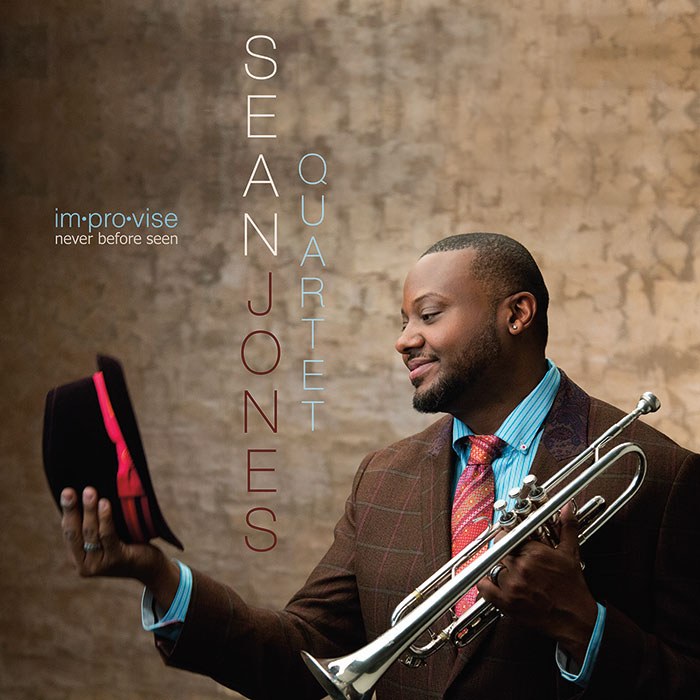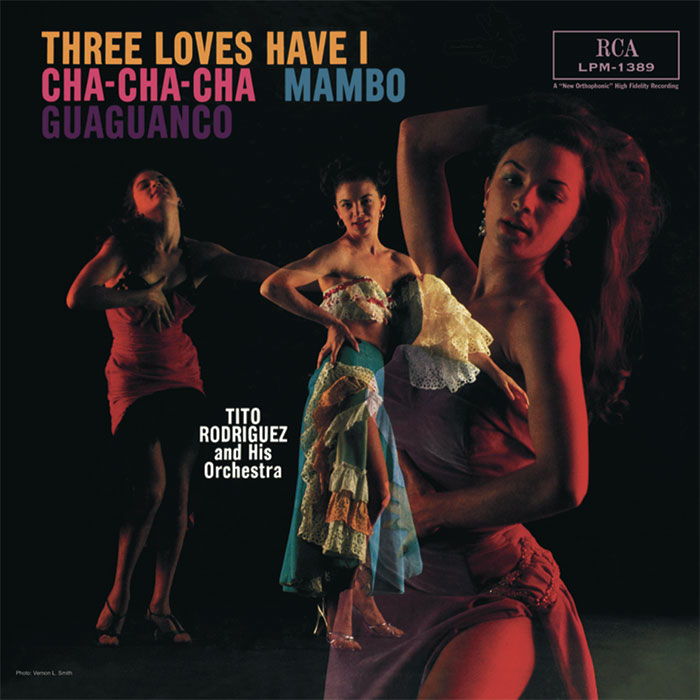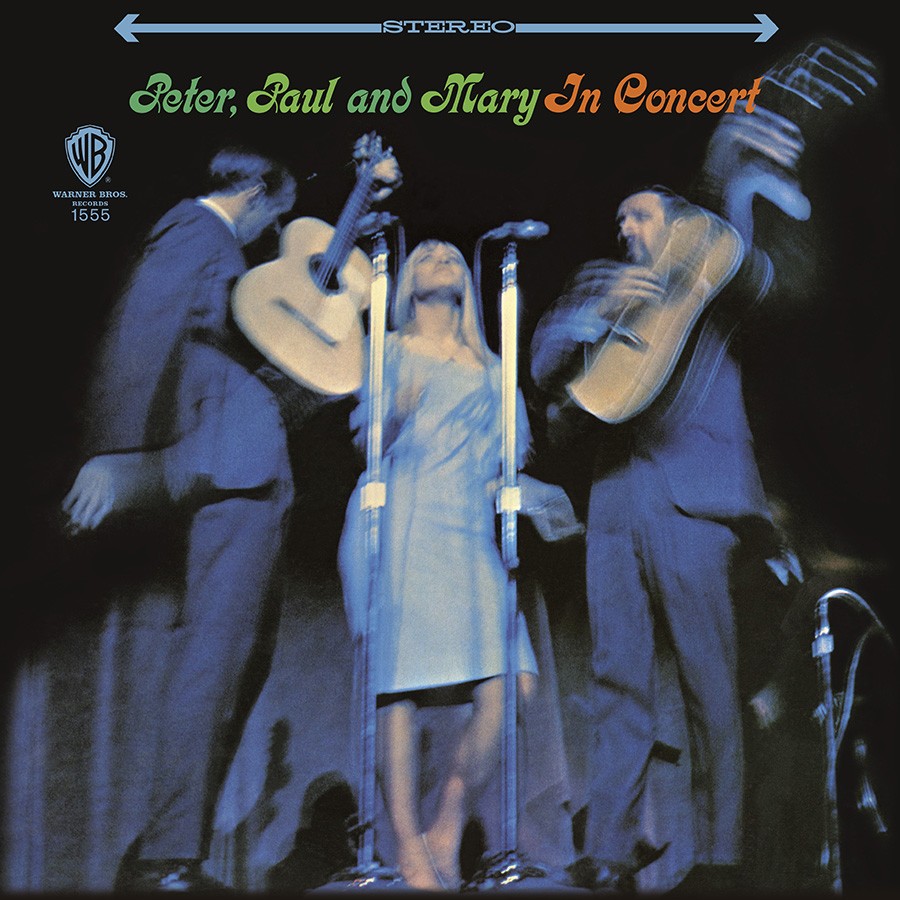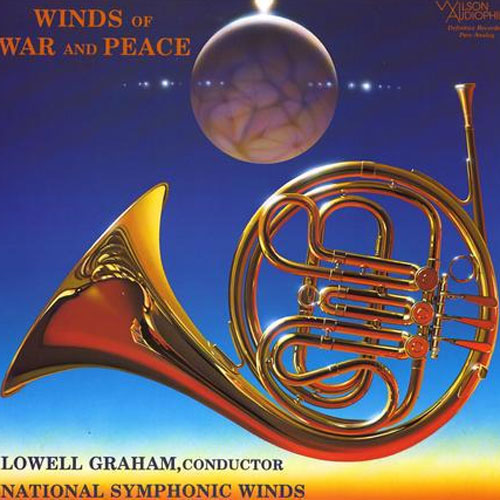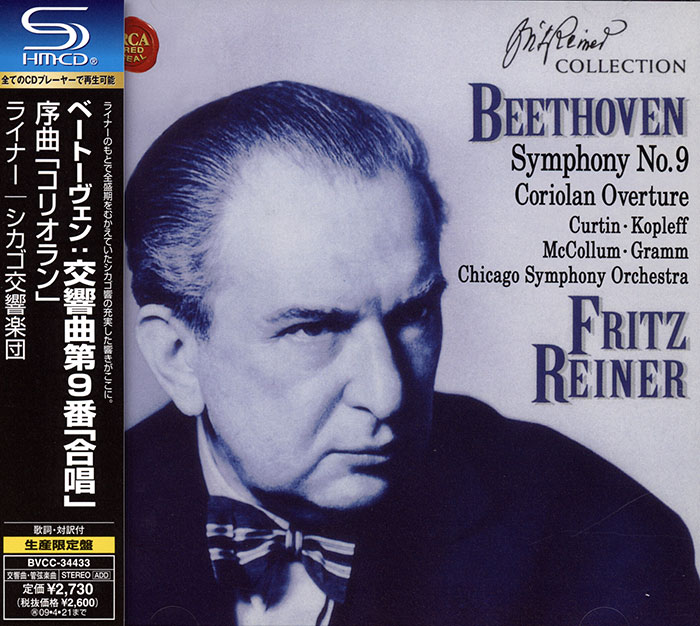Logowanie
Dziś nikt już tak genialnie nie jazzuje!
Bobby Hutcherson, Joe Sample
San Francisco
SHM-CD/SACD - NOWY FORMAT - DŻWIĘK TAK CZYSTY, JAK Z CZASU WIELKIEGO WYBUCHU!
Wayne Shorter, Freddie Hubbard, Herbie Hancock, Ron Carter, Elvin Jones
Speak no evil
UHQCD - dotknij Oryginału - MQA (Master Quality Authenticated)
Chesky! Niezmiennie perfekcyjny
Winylowy niezbędnik
ClearAudio
Double Matrix Professional - Sonic
najbardziej inteligentna i skuteczna pralka do płyt winylowych wszelkiego typu - całkowicie automatyczna
Sean Jones
Im.pro.vise: Never Before Seen
- Sean Jones - trumpet
20 GREAT BASS ARIAS AND SONGS - Volume II Hardly a better illustration of the ambiguity of the `B' in the standard choral line-up identification of "SATB" can be provided than by the splendidly amusing and cheerful piece which opens this compilation (Offenbach's popular Gendarmes'Duet from Genevieve de Brabant), wherein the Australian bass Malcom McFachern is joined by Harold Williams who is here singing as a baritone but was heard on Volume I as a bass! (Many artists bestremembered as baritones were in fact bass-baritones, capable of tackling the lower roles, as can be discovered here. The above are to be heard on Volume 1, GEMM CD 9122, and the booklet notes for that release have brief biographical notes on both artists). New to the series is Norman Allin (1884-1973), a singer respected both in opera and on the concert platform. He was a prominent member of the BNOC. Allin's sonorous bass voice and telling emotional projection are well in evidence in the Schubert masterpiece reproduced here. One great artist generally thought of as a baritone is Gerhard Hiisch, although his range was sufficient to enable him to enjoy success, as can be heard here, in the best known aria assigned by Mozart to Leporello in his Don Giovanni. Husch (1901-1964) enjoyed early success and was from 1930 working at both Berlin and Covent Garden. Unfortunately, his misguided political sympathies during the Second World War caused his career to decline thereafter. The sonorous tones of the excellent Australian bass Horace Stevens (1876-1954) seem even more sonorous in the `live' Hereford Cathedral trancbe from Gerontius. Originally a dentist, he took to singing in middle age and was noted for his oratorio work. American bass-baritone David Bispham (1857-1921), acclaimed in both opera and oratorio, was appreciated mainly for his strong characterisations. His operatic career was passed mainly at Covent Garden, and at the Metropolitan. We hear next his compatriot (of a later generation, and of a different kind of talent) Paul Robeson (1898-1976), a man possessed of a truly magnificent vocal timbre. He seems to have been largely self-taught, and confined his repertoire in general to negro spirituals and allied material. The recording reissued here is probably his best known. One of the most spine-chilling renderings of Glinka's most famous song The Midnigbt Review - made all the more effective because we can, at last make out the words! - must be by Robert Easton (1898-1987), a pupil of Plunket Greene, He confined his activities mainly to concert work and broadcasting, with the occasional operatic appearance. An old favourite with many a British music-lover is Darrell Fancourt (1888-1952) who held down the principal bass parts in the Gilbert and Sullivan operas with the D'Oyly Carte Opera Company for an incredible 32 years, from 1920 until his death. He is heard here in what is probably his most famous song; it is believed that he was the first to introduce the sadistic. blood-curdling noises which precede each refrain, a tradition continued after his death by his most able successor, Donald Adams. The Italians now field two excellent basses. Tancredi Pasero (1893-1983) joined the La Scala company in 1926, remaining with them until 1952. His repertoire was a wide one, but he was admired in particular for his interpretations of Verdi roles and traditional Italian opera. Bellini's Norma is set in Gaul in olden times, when France was under Roman occupation. Pasero is heard as Oroveso, indigenous Arch Druid who here sings of how greatly he resents the 'Tiber's yoke'. Italo Tajo (b.1915) won renown with such rapidity that he was soon in demand at the world's greatest opera houses. The stage, however, was not the only outlet for his huge musical talent; as can be heard, his rendering of the Mozart concert aria given here reveals him to be a most sensitive interpreter of such music. There can be little need to introduce the amazing artistry of Feodor Chaliapin (1873-1938), whose name has become almost synonymous with the -title of Moussorgsky's great operatic masterpiece Boris Godounov. In this excerpt from it the guilty Tsar, who has previously murdered the legitimate heir to the throne is terrified when, in hallucination, he imagines he sees - - in a standing clock - a vision of his victim. Herbert Janssen (1895-1965) specialised, during most of his stage career, in singing heavy Wagner roles; but he was also a liedersinger of great distinction, as can be heard here. He is joined in this performance by the famous Gerald Moore, who accompanied very many of the world's greatest singers. Although assumed by many to have been a German, Friedrich Schorr (1888-1953) was in fact of Hungarian origin. His name has always been associated with that of Wagner, the major roles in whose music-dramas he sang with great success at Bayreuth, Covent Garden, the Metropolitan - indeed, all over the world. Schorr recorded prolifically, but not everything he made comprised the music of Wagner; his magnificent account of Lord God of Abrabam well demonstrates what a versatile artist he was. There follows a contribution from Ezio (baptised Fortunio) Pinza (1892-1957), surely the most splendid and richly-hued basso cantante of all. The choice is not opera, but the spellbinding Confutatis Maledictis from the earlier recording of Verdi's Requiem. The exuberance of his delivery reflects the artist's rich, uninhibited lifestyle: racing cyclist, the greatest lyric bass of his age, notorious womaniser and, finally, Broadway star - yes, he crammed a good deal into his (slightly less than) threescore years and ten. The Welshman Arthur Fear (b.1902) confined his career mainly to Britain, although he was heard also in the USA. He worked mainly at Covent Garden, and with the BNOC. Fear's curious light bass-baritone voice seems very well suited to the popular Verdi trifle to be heard here. Although assuredly no Briton, Salvatore Baccaloni (1900-1969) was no stranger to our shores, having taken the part of Leporello in Glyndebourne's original Don Giovanni. Acclaimed as "the finest comic bass of our time", he was busy at La Scala between 1926 and 1940. Baccaloni's account of Mozart's Vendetta aria is nothing short of magnificent. An extended scena ensues; its purpose is to demonstrate the dramatic aspects of the art of Mark Reizen, who can be heard on Volume I in a magnificent account of The Song of the Viking Guest. This arresting recording comprises an excerpt from the opera Russalka, composed by the Russian Alexander Dargomyzhsky (1813-1869). Since the work is little-known in the west, the plot must be - very briefly - explained. An old miller had a daughter who had captivated the heart of a prince, but, since his parents would not allow the match, the distraught girl drowned herself in the mill pond. The miller became insane. Years later the prince, driven by remorse, re-visited the mill (our excerpt begins here): in a moment of lucidity the old man recognises the prince and confronts him with the recollection of his dastardly action. The tension mounts and, despite the younger man's protestations, the miller drowns him in the same pond; one does not need a libretto to divine precisely what is going on. In this gripping performance of an excerpt from a masterly work, Reizen has the benefit of being partnered by the man who was in all probability the finest Russian heroic tenor of his time, Georgei Nelepp. To release the tension, we turn to the final part of the programme, that which might loosely be described as the `encores' section. There are three delicacies. Firstly Dawson (in 1917 still very much a bass) in a `sketch' piece which, although it might have been taken seriously in its day, now provokes only hilarity, the general atmosphere of mirth being heightened by the fatuous orchestral effects introduced during the last minute of the piece, nevertheless, a bass showpiece. In similarly jocular, although very different, mood, we have Moussorgsky's The Song of the Flea. "The great singing actor" Lawrence Tibbett (1896-1960) enjoyed a fairly brief career at the Metropolitan and in films before retiring because he had ruined his magnificent voice by over-using it. The subtle and mischievous characterisation which Tibbett here exhibits is a delight. Although encyclopedias call him a baritone, the first few notes of this song make it plain that he could descend further. Bottom of the list? The man with real bottom. Just listen to Track 20 and hear what McEachern could do when he REALLY tried! CHARLES HAYNES


































